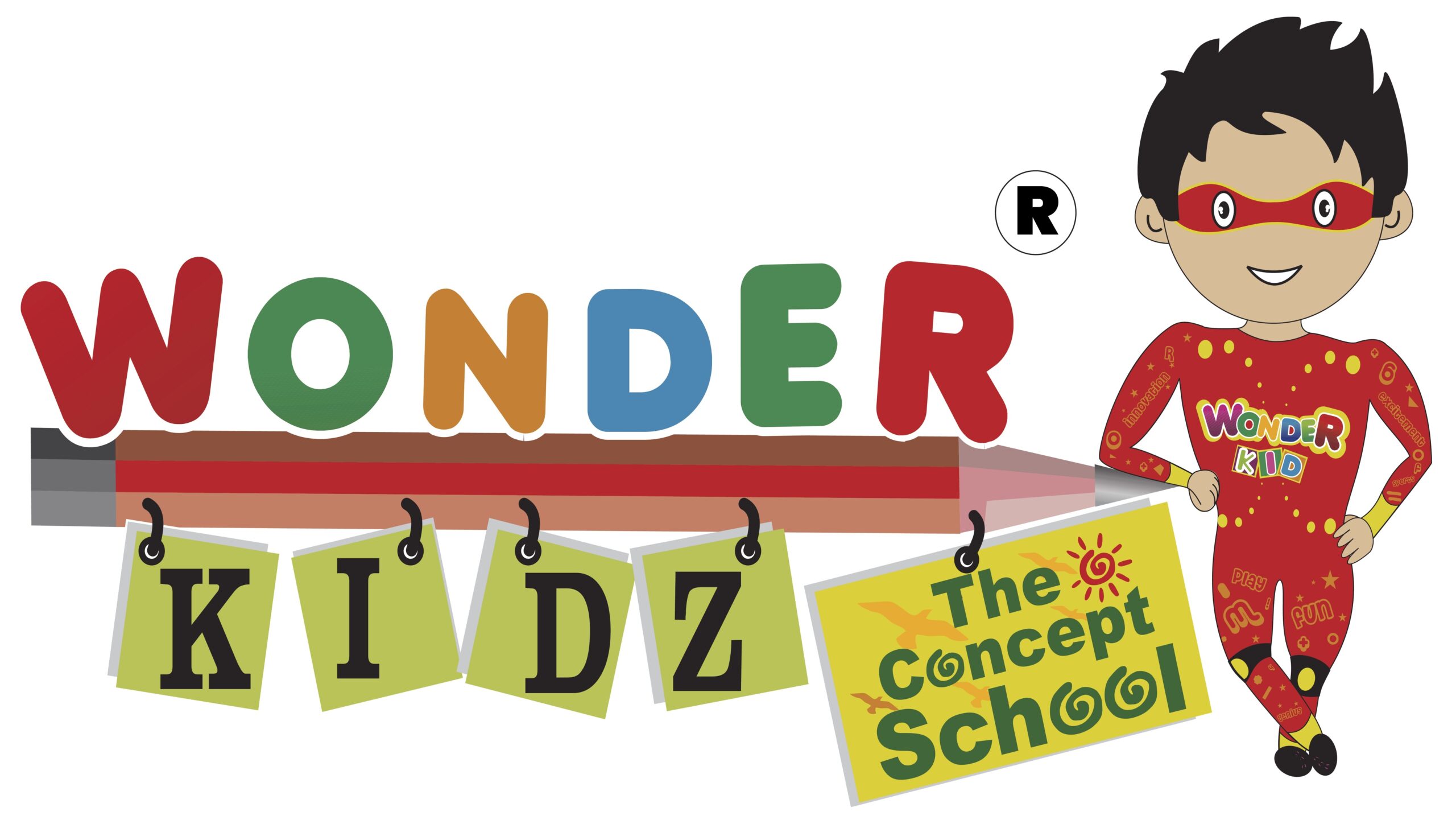[vc_row][vc_column][vc_column_text]
THEMATIC APPROACH
[/vc_column_text][/vc_column][/vc_row][vc_row][vc_column][vc_column_text]Students learn better when experiencing knowledge in a larger context. They begin to see relationships and connections across time, place, and disciplines. Learning about wider themes and related concepts and facts more closely resembles how life is experienced outside of school and the classroom. This method of teaching includes the interests of the children and provides for opportunities to build on their interests. It helps them develop knowledge and skills in meaningful ways.
Thematic units encourage the involvement of all students through topics relevant to them. Children are able to relate to real-world experiences and build on prior knowledge of a topic. Thematic units also help teachers teach to the different learning styles of their students. Each subject area is brought together under the banner of a certain topic, such as bugs, dinosaurs or castles. The topic is then studied in-depth from the perspectives of reading, writing, math, science and other subject areas.
We at Wonder Kidz focus on building activities keeping in mind children’s interests
Such activities are created which encourage children to explore and help children to develop new knowledge and skills, based on what they already know and can do.
We provide activities that deals with all aspects of development such as language,
Cognitive, social, emotional, creative and physical. We provide them multiple opportunities to experience through social interactions, independence and develop positive self esteem.
The benefits of a thematic approach are many. Teaching thematically helps children make sense of what they are being taught, since content areas are integrated and not made to stand alone. Children are able to relate to real-world experiences and build on prior knowledge of a topic. Thematic units also help teachers teach to the different learning styles of their students. Research conducted by famous child development scientists suggest that integrating subject matter across different content areas, such as math and science, engages the whole brain through active and hands-on involvement.
Engaging themes that relate to preschoolers lives also help them get excited about learning. A preschooler who loves animals but doesn’t necessarily love maths might get excited about adding and subtracting when it’s tied to an animal theme.
We all know that children learn in different ways. Some kindergartners enjoy performing hands-on experiments, while others prefer to complete worksheets or listen to the teacher read a book. Some kids like to sing; dance or role-play, and others like to create art projects using a variety of materials. When the teacher provides learning activities on the same theme in a variety of subjects, every child is given the chance to demonstrate his understanding of the topic in multiple ways.
So, thematic approaches are not only motivating but build prior knowledge and demonstrate understanding in multiple ways.[/vc_column_text][/vc_column][/vc_row]
